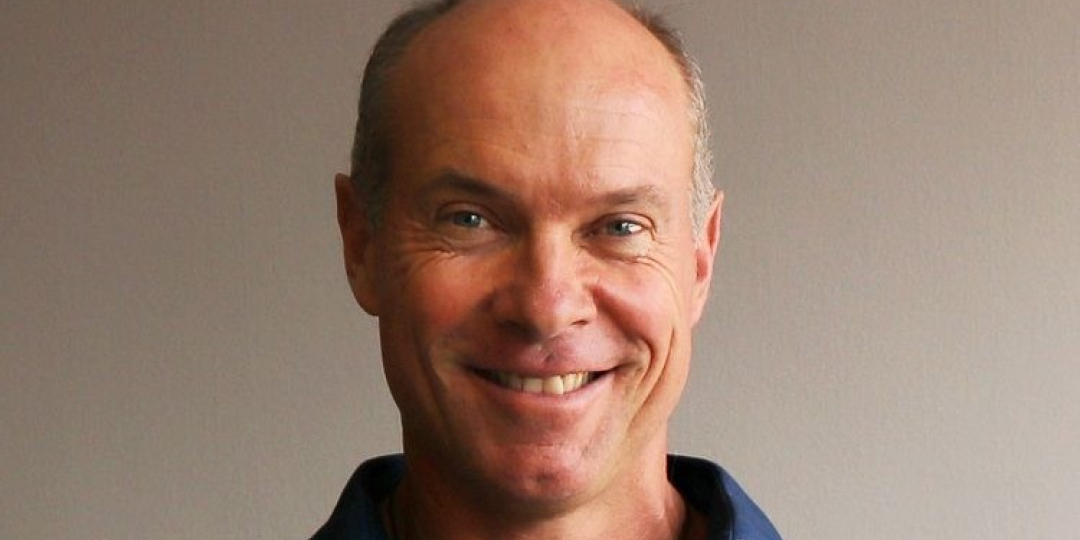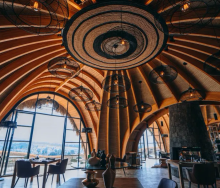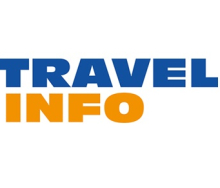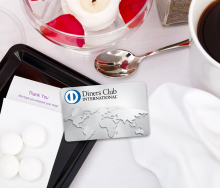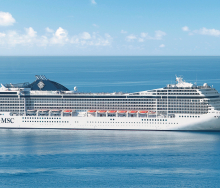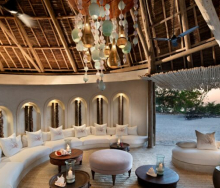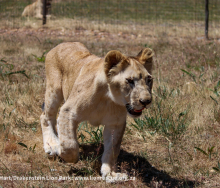Given that retail travel groups remain the industry’s biggest distribution channel, price parity between the retail travel industry channel and airlines’ direct channels is only fair. Moreover, travel agents need open communication with suppliers, especially airlines, to protect their position in the supply chain, says Gary Mulder, CEO of Club Travel.
He said the group kept a constant eye on supplier prices. The issue of price parity has been around for a long time but problems with this had become more prevalent during the global COVID-19 recovery, said Mulder, due to Iata’s New Distribution Capability shifting how and where airlines disseminated ancillary products.
Mulder told Travel News: “We constantly look at the airlines’ websites to make sure that we can compete, otherwise there is a conflict of interest.”
He said the function of modern travel consultants had evolved and hinged on adding value during the booking process. Nonetheless, agents are still the major distribution partners for airlines. “As a group, we must make sure that we have access to the best content and that we are remunerated for the efforts we put in.
“Where we do find airlines are pricing themselves in conflict with us, we take them on. We can’t be seen to be more expensive than airlines when we are their main distribution partners. Those conversations are ongoing.”
Leveraging automation
Automation and technology are helping to keep input costs down. And, Mulder said, these systems supported excellent customer service. “It’s the combination of better technology and people that delivers optimal customer service. It’s not one without the other.”
There’s no hiding from the fact that customers would book certain ‘easy’ products themselves, using direct booking platforms, he said. “We embrace that and have systems that make it as easy for our customers to book through our platforms, and when they need a human, we sit behind it,” he explained.
Sustainability will be a focus area for the group going into 2023. “One of the key components of the Club Travel DNA is that we really care about everyone in the value chain – our staff, suppliers, and our customers. However, new words for us are ‘caring for our planet’ and ‘sustainability in travel’. We are looking at how seriously people are taking sustainability, and it is in our strategy roadmap.”
Mulder said corporate business represented around 60% of the Club Group’s gross turnover value (this includes ITC business, FlightSite leisure and Club’s corporate figures). “That corporate figure also includes public-sector travel (government business),” Mulder said. Leisure is about 40%
“In terms of corporate spend, it’s probably not where it was, but corporates are travelling.”
Club’s franchise division has also recovered to more than 400 active ITCs since the start of the post-pandemic recovery. But there remains an opportunity for consultants to find full-time employment within the group, which includes sister-brands like Travelstart and FlightSite.
“We have a couple of captive channels that require servicing and want to build up. For Club Travel, the ITC model is working very well. I see both options as something we will offer into the future.”
Mulder agreed with current thinking that the term ‘travel agent’ had become outdated in the South African market. (Read ‘Don’t call us Travel Agents)
“The term ‘agency’ means you are operating on behalf of a principal. But are we really? For me, we have to be specialists in what we do, or people won’t need to book through us. If airlines are offering the same price as us, we need to add value. To add value, we have to be specialists. I think the word travel agency is probably a bit old-fashioned now. We are specialists.”
Mulder concluded: “It’s exciting times. We are busy, and that’s a good thing!”
